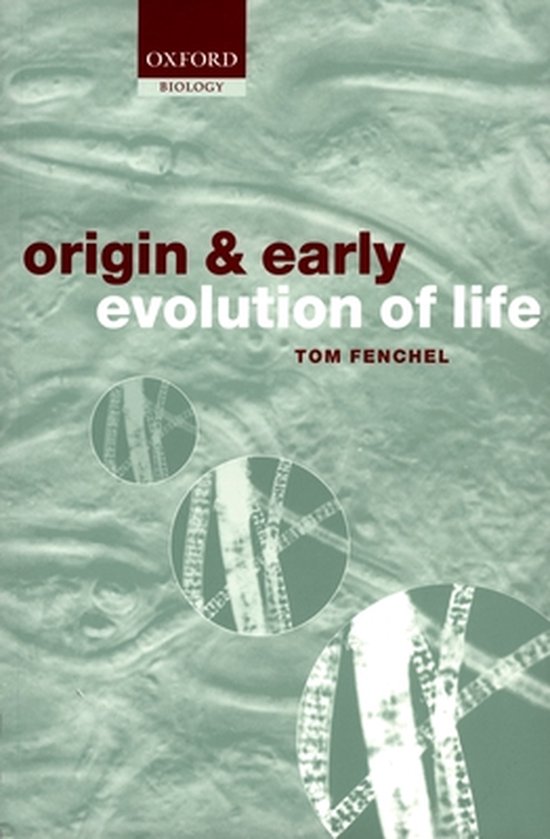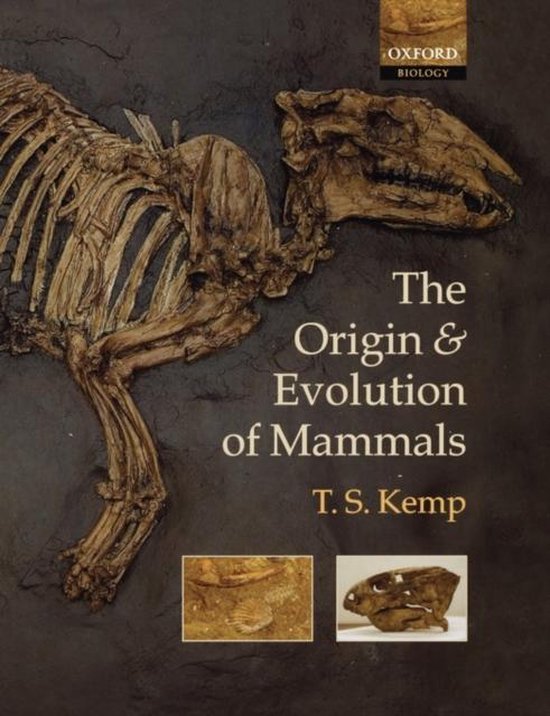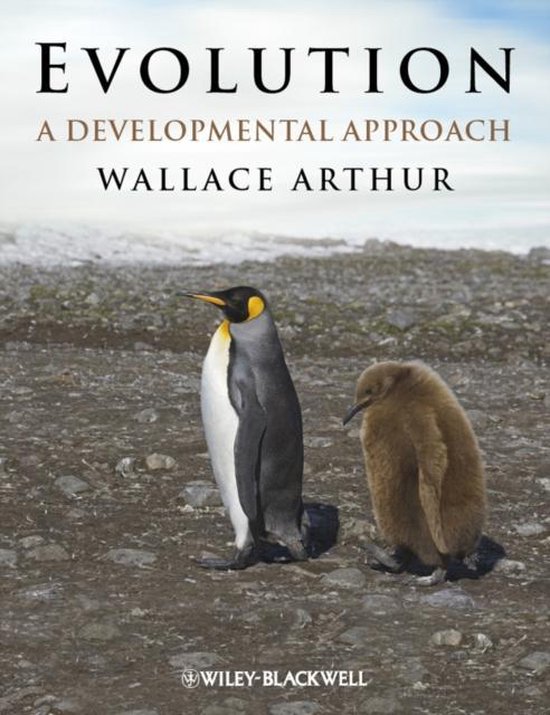
Origin and Early Evolution of Life
Draws on evidence from molecular genetics, the structure and function of extant organisms, and geology. This work emphasises the fact that although life arose very soon after the origin of the Earth, it was represented only by microbial life forms. Increase in complexity beyond the microbial level took place only very late in the history of life.
Origin and Early Evolution of Life draws on evidence from molecular genetics, the structure and function of extant organisms, and geology. It covers the period from about 4 billion years ago, when life is thought to have originated, to about 600 million years ago when multicellular organisms first arose. There are significant gaps in our understanding of the earliest evolution of life forms, but an insight into the topic leads to a more profound understanding of life itself. Particular emphasis is placed on the fact that although life arose very soon after the origin of the Earth, it was represented only by simple microbial life forms for approximately 85% since this time. Increase in complexity beyond the microbial level took place only very late in the history of life.
Origin and Early Evolution of Life draws on evidence from molecular genetics, the structure and function of extant organisms, and geology. It covers the period from about 4 billion years ago, when life is thought to have originated, to about 600 million years ago when multicellular organisms first arose. There are significant gaps in our understanding of the earliest evolution of life forms, but an insight into the topic leads to a more profound understanding of life itself. Particular emphasis is placed on the fact that although life arose very soon after the origin of the Earth, it was represented only by simple microbial life forms for approximately 85% since this time. Increase in complexity beyond the microbial level took place only very late in the history of life.
| Auteur | | Fenchel |
| Taal | | Engels |
| Type | | Paperback |
| Categorie | | Wetenschap & Natuur |



